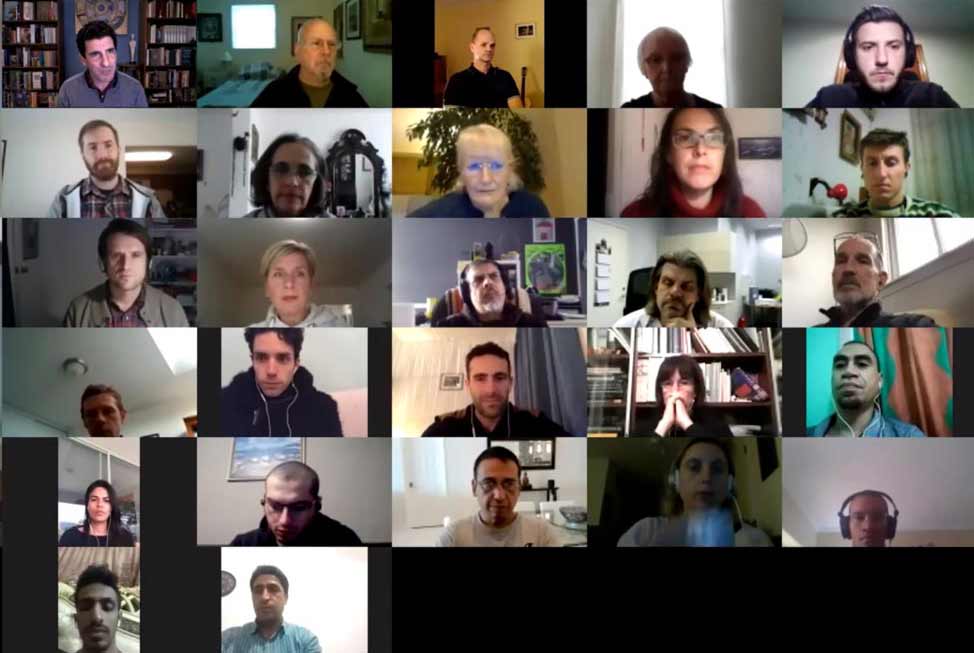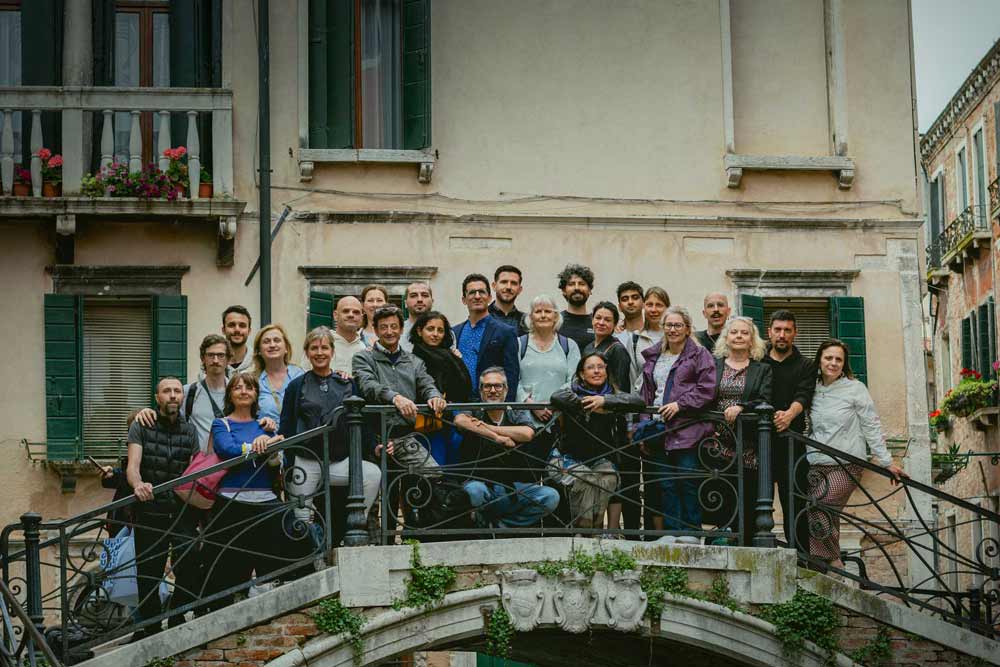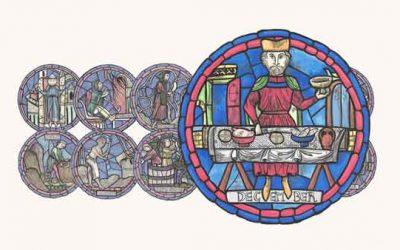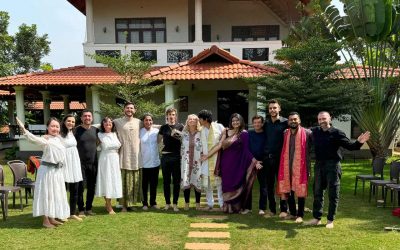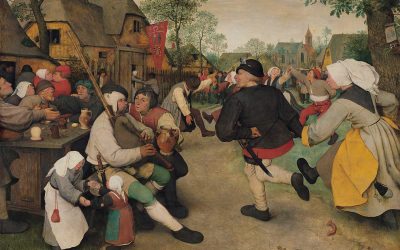Old New Method
A school for the study of oneself by approaching ancient teachings from a psychological perspective Learn MoreAbout this School
A hundred people worked together over the course of ten years. The group comprised adults of both sexes, all ages, and from diverse cultural and economic backgrounds. Their common ground was the premise that we as humans are incomplete; nature develops us only to a certain point and leaves us unfinished, just as it creates wheat but not bread, milk but not butter, grapes but not wine.

We drew our instruction from teachings old and new, preserved in literature, monuments, and customs—all tested by the touchstone of verification. If the utility of a method could be verified, it was assimilated. If not, it was discarded. And so, as we applied these diverse methods to further our development, we were simultaneously synthesizing a new teaching.
Our Community
We stay in daily touch, meet online weekly, and periodically gather in physical destinations of relevance to our teaching.
